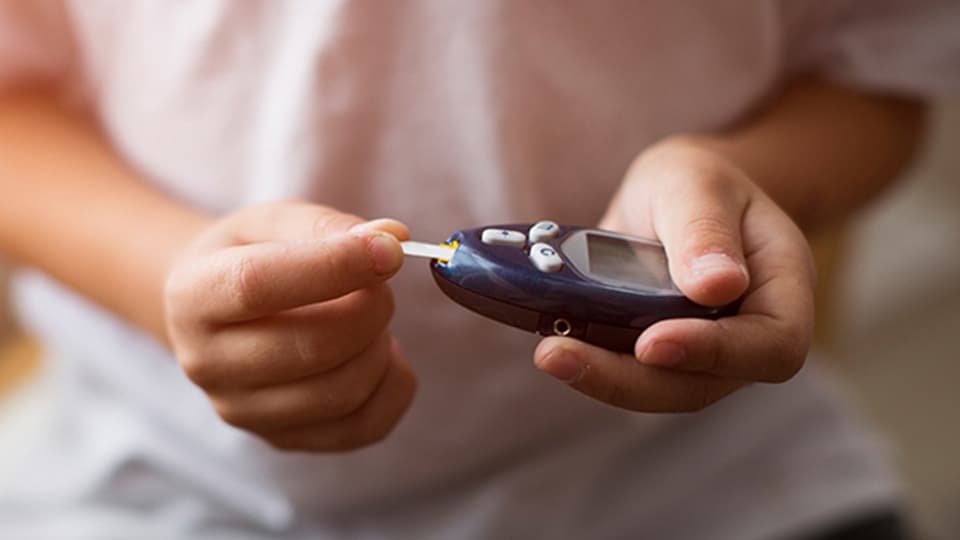At a glance
Personal needs are the things that you could not do without in an emergency—the tools, supplies, and equipment that you need to protect your physical, mental, and emotional health and safety during an emergency.

The Basics
- An emergency water supply
- An emergency food supply, including specialty foods—such as nutrition drinks and ready-to-feed formula—for infants, people with dietary restrictions, food allergies and sensitivities, and medical conditions such as diabetes.
- Prescription medicines
- Prescription and home-use medical devices, such as:
- Assistive technologies, including prescription eyeglasses, hearing aids, wheelchairs, and walkers
- Contact lenses and disinfecting solution
- Asthma inhaler
- Epinephrine autoinjector
- Blood sugar monitor
- Assistive technologies, including prescription eyeglasses, hearing aids, wheelchairs, and walkers
- Medical supplies, such as:
- Antibacterial wipes
- Catheters
- Syringes
- Nasal cannulas
- Blood test strips
- Antibacterial wipes
- First aid supplies, such as:
- First aid reference
- Non-latex gloves
- A thermometer that is easy to use and to read; for example, a digital thermometer with a replaceable battery
- Waterproof bandages and gauze
- Tweezers and scissors
- Antibiotic cream or ointment
- First aid reference
- Infant and childcare supplies
- Pet supplies
Are You Resilient?
A person's "resilience" is their ability to bounce back from a difficult or life-changing event—like the diagnosis of chronic disease or the impacts of a natural disaster. People are more resilient and better able to withstand, adapt to, and recover from adversity when they make healthy choices, including the decision to prepare for emergencies. Communities are more resilient when their citizens are prepared.
